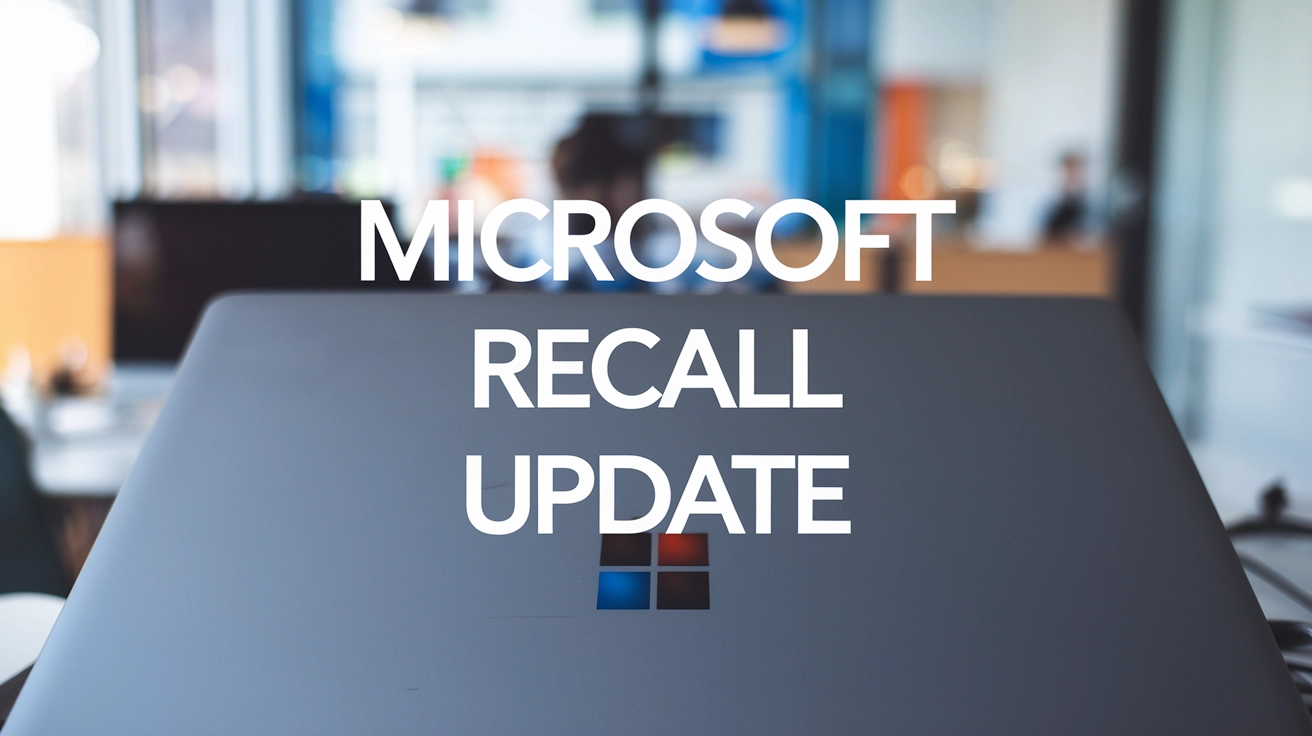Microsoft Updates on Recall Security Architecture

Introduction to Recall Security Enhancements
Microsoft is integrating advanced AI capabilities into its Windows system, focusing on enhancing the security and privacy architecture of its newest feature, Recall. The AI-enabled Recall tool aims to assist users by recording and analyzing interactions, with a strong emphasis on protecting personal information and maintaining data integrity.
AI at the Edge with High Performance
With the deployment of a 40+ TOPS Neural Processing Unit in Copilot+ PCs, Microsoft is shifting towards on-device AI processing. This shift not only results in lower latency and improved battery life but also enhances user privacy by retaining sensitive information locally, decreasing the need for external data transfers.
Understanding the Security Architecture of Recall
Recall has been designed with security and privacy at its core. The development includes:
- Secure Enclaves: Recall snapshots and data are protected by Virtualization-Based Security (VBS) Enclaves, which segment memory to isolate sensitive processes and protect them from external threats.
- Authentication Requirements: Access to Recall snapshots requires user authentication via Windows Hello, ensuring that only authorized users can access sensitive information.
- Controlled Data Use: Users will have full control over whether snapshots are taken, with options to delete or manage data actively.
Architectural Overview of Recall Components
The architecture comprises various elements focused on maximizing security:
- A protected data store safeguarded within the VBS Enclave to handle security configurations securely.
- A semantic index that encrypts user-related vectors, ensuring that any private information is kept confidential.
- A user interface allowing for simple search and retrieval of snapshots while minimizing data exposure to potential threats.
Maintaining User Control and Privacy
Recall is built around the principle of user opt-in. Users are not only informed of data collection but also have the power to dictate how much information is stored and processed. Microsoft guarantees that no unsolicited data will be collected without user engagement.
Future Directions with AI
As Microsoft continues to push for innovation in AI, emphasizing robust security measures while utilizing on-device processing, it recognizes the growing need for collaboration across the tech landscape. Working with hardware manufacturers and developers, Microsoft aims to ensure that the Windows ecosystem remains resilient against modern threats.
Conclusion: Commitment to Secure AI Solutions
Through Recall, Microsoft is demonstrating its dedication to creating a secure and private experience for users interacting with AI technologies. By implementing top-tier security practices and maintaining user control over personal data, Recall promises to elevate the overall Windows experience while keeping user information safe from harm.
For further information on Microsoft security solutions and updates regarding AI innovations, visit Microsoft’s official website.